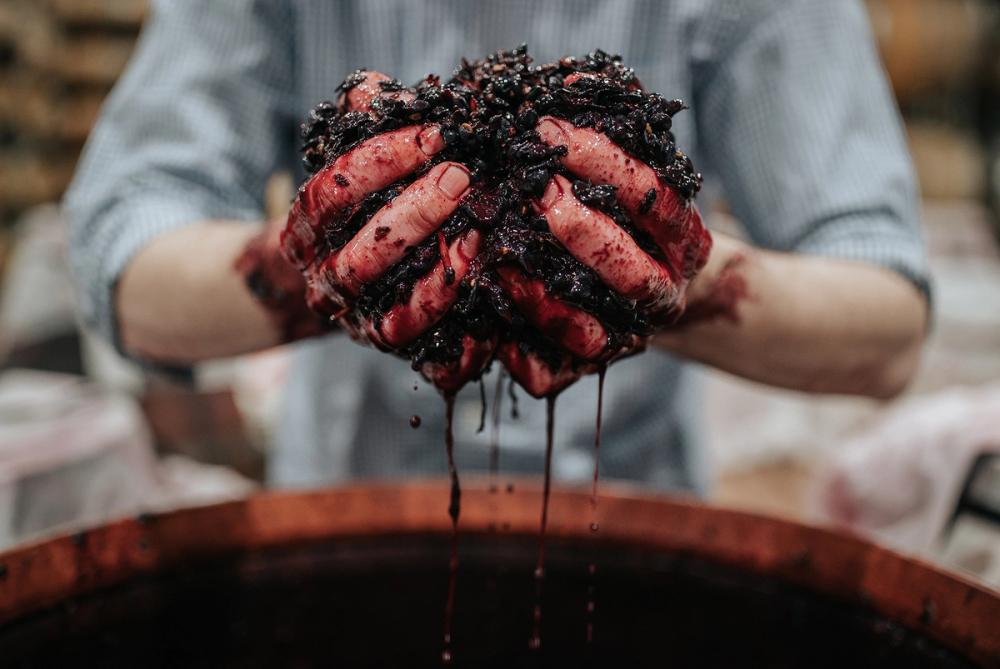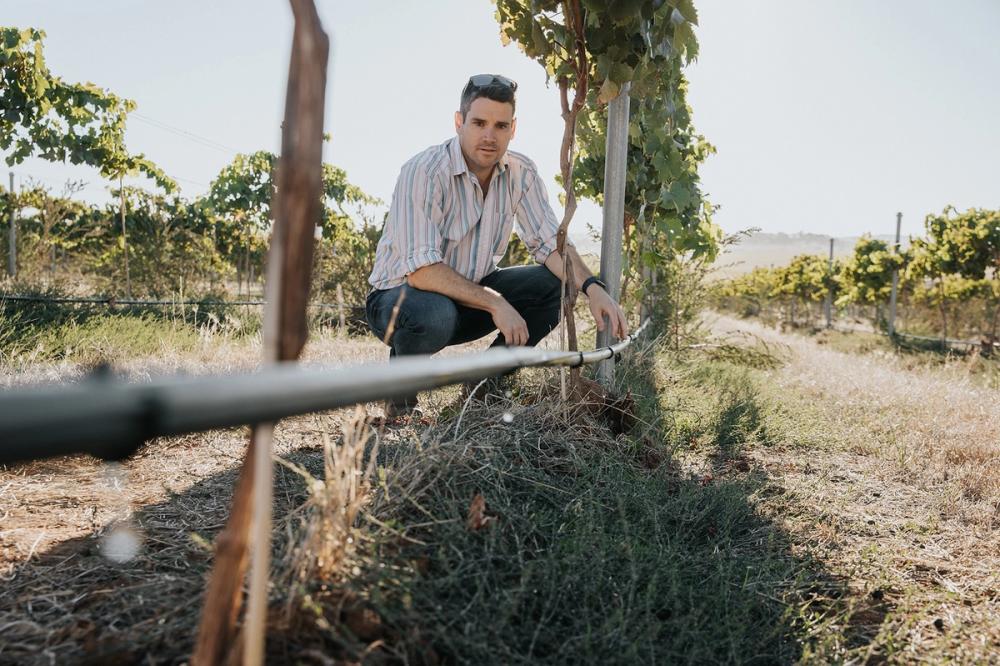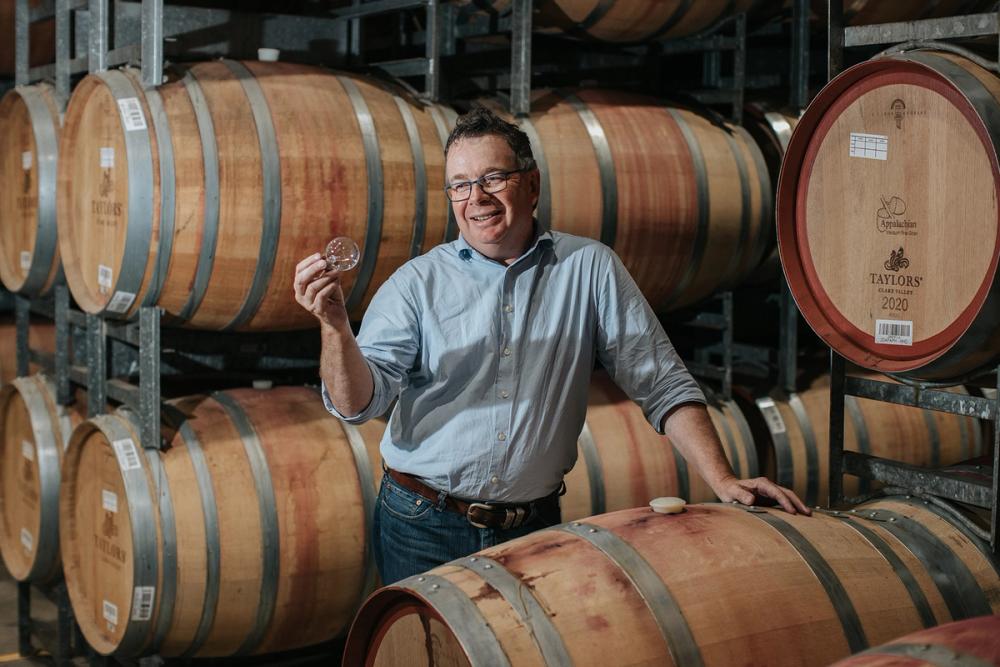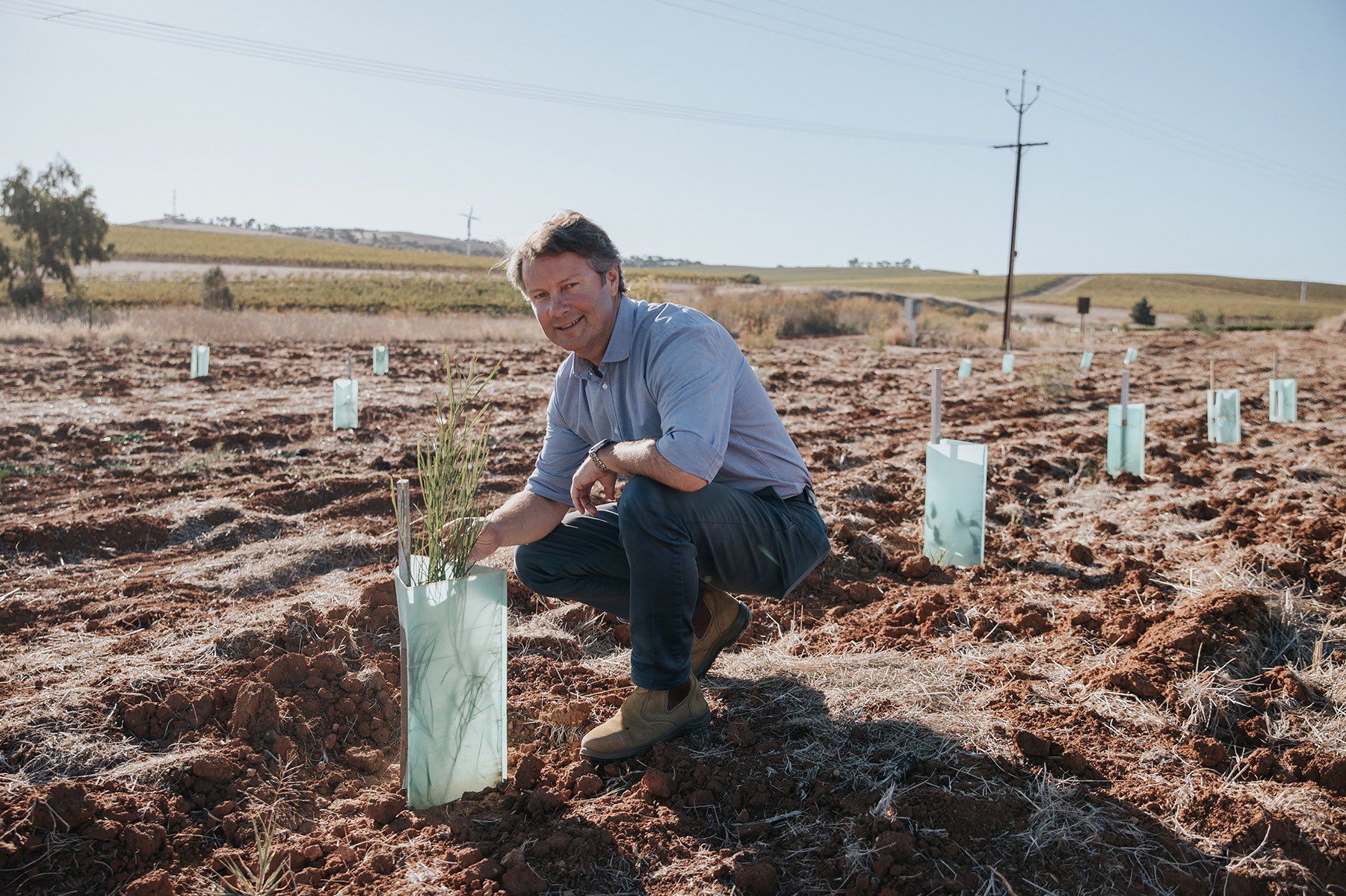We have heard the need for a combined industry effort to really make a difference on climate change, but individual wineries and producers can also provide the inspiration too – like the long-standing initiatives Wakefield Wines, in Australia’s Clare Valley, have taken to be carbon net-zero by 2050, explains Clinton Taylor.
Can you explain the approach you take towards sustainability and what is the most effective and relevant route for you and your winery?
Our family spends a lot of time thinking about the type of business we will be handing on to our kids in the years to come – and what state the planet will be in when that day comes. Throughout COP26, we’ve asked our Australian representatives as they head to Glasgow for the United Nations Climate Change Conference to take a serious moment to reflect and ask themselves – are we as a nation doing enough to protect our future? As a nation built from the red soils from which we thrive, are we giving back to the planet in a way that will see it continue for generations to come?

Wakefield Wines is on course to cut its emissions by 50% by 2030
While our business seeks to prepare for a range of possible climate futures we are setting about doing what we can to encourage a best case outcome. We are the first independent Australian winery to commit to Science Based Targets that align with the Paris Agreement, and will reduce our emissions by 50% by the year 2030, with a target to achieve net-zero emissions by 2050.
Has this approach changed in recent years based on your experience of what works – if so what are those changes and why did you make them?
We’ve witnessed vintages arriving earlier and the window for our harvests narrowing. Around the world our industry has seen increased climate-related challenges – droughts, bushfires, floods, heatwaves, hail and frost events.
Our commitment to reduce emissions by 50% isn’t a challenge our winery is only beginning to tackle. In 2009 we released our 80 Acres range – the world’s first 100% carbon neutral range compliant to the international standard for life cycle assessment ISO 14044. We undertook a full Life Cycle Assessment from vine to glass to measure, reduce, and then completely offset all carbon emissions from the creation, transport, and consumption of these wines.
What do you think are the basic steps any winery in the world should be taking to be more sustainable?
Wine is one of the most climate sensitive agricultural industries. As winemakers we are well aware of the changes in our climate. Australia, like grape growing regions around the world, has experienced harsh reminders of how vulnerable we are to the effects of climate change.
It can be hard to know where to begin. One of the first steps for any winery is to get a clear picture of how sustainable your business is. A sustainability consultant can help with the specialist knowledge required in measuring your emissions, eliminating waste and improving efficiencies. For our winery, in 2009 when we began the work to create a 100% carbon neutral wine range; this helped us develop a clearer picture of our own business impacts and how we could lessen them.

Wakefield Wines viticulture manager Peter Rogge inspecting Wakefield’s smart irrigation system
Our recent work with Science Based Targets and Sustainable Winegrowing Australia have taken this understanding further. As an industry we should look to share our learnings and seek to innovate right across the supply chain so we can make a bigger impact.
How do you go out measuring the effectiveness of the sustainability measures you are making?
By setting targets though the Science Based Targets Initiative through the SME route, we are required to report annually on progress against our company-wide Scope 1 and 2 emissions reductions targets, while also working to reduce our Scope 3 emissions. This provides us a transparent and data-driven approach to ensuring we are on track to meeting our goals.
This year we flicked the switch on the first of a number of planned initiatives; the first being solar panel installations at our winery, each of which will produce 136,000kwh of renewable energy each year. In addition to this, 30% of our winery’s electricity requirements now come from certified Greenpower, further reducing our carbon footprint by 266 tonnes per annum. We’re working on more sustainable packaging, and we are now proudly certified as a sustainable grapegrower through the Sustainable Winegrowing Australia initiative, a national program for grapegrowers and winemakers to demonstrate and continuously improve their sustainability in the vineyard and winery through the environmental, social, and economic aspects of their businesses.
South Australia, where our winery is located, has been making really significant improvements in renewable energy with solar and wind. South Australia is known for its sunshine and reliably strong winds. The South Australian government has set its sights on generating 100% of its energy from renewables sources by 2030, which will be beneficial for all wine producers in the region.
Do you think it is important to communicate the steps you are taking on sustainability to your consumers?

Wakefield’s Adam Eggins showing off the new energy saving lightbulbs to be used in Wakefield cellars
We see the demand for information around sustainability practices and environmental initiatives growing from consumers in all our markets. Increasingly consumers expect the brands they buy to be making a positive contribution. Sustainability is a challenging area to communicate, it can be quite technical and comes with many different approaches which aren’t always obvious to consumers. It’s difficult for consumers to judge competing sustainability claims. That’s why we believe it’s important to sign up to a rigorous standard-based approach like Science Based Targets which is backed by globally recognised institutions.
Our winery is also supporting conservation efforts beyond our own operations. We learned that the very symbol of our family winery, the seahorse, is endangered due to loss of habitat and climate change. So in Australia and at a global scale, we have partnered with two marine organisations —the Sydney Institute of Marine Science and Project Seahorse— that are working to protect seahorses. We’ve been working to fundraise for these organsiation’s conservation initiatives, and these initiatives have really galvanised community support. Few people realise that seahorses, much like grapevines, are indicator species that raise the alarm for serious climate-related issues.
What would be your message to other Australian producers and wineries around the world about the steps they could be taking?
We encourage our Australian leaders to go further by setting increased short and medium targets that align with the Paris Agreement to keep global temperature increases well below 2°C. We have a role to play in inspiring greater global action, the alternative is many more of these climate-related challenges for our agricultural industries in the years to come. Everyone, across every industry, will be impacted. For ours, 2°C means the difference between being able to make premium Pinot Noir in Tasmania.
We ask our representatives in Glasgow to take a serious moment to reflect and ask – are we as a nation doing enough to protect our future? As a nation built from the red soils from which we thrive, are we giving back to the planet in a way that will see it continue for generations to come?
- You can find our more about what Wakefield Wines is doing at its website here.
- If you would like to tell your story and explain what your business is doing to tackle climate change then please contact Richard Siddle at richardsiddle@btopenworld.com.
- Wakefield Wines is imported in the UK by Louis Latour Agencies a supplier partner of The Buyer.






























